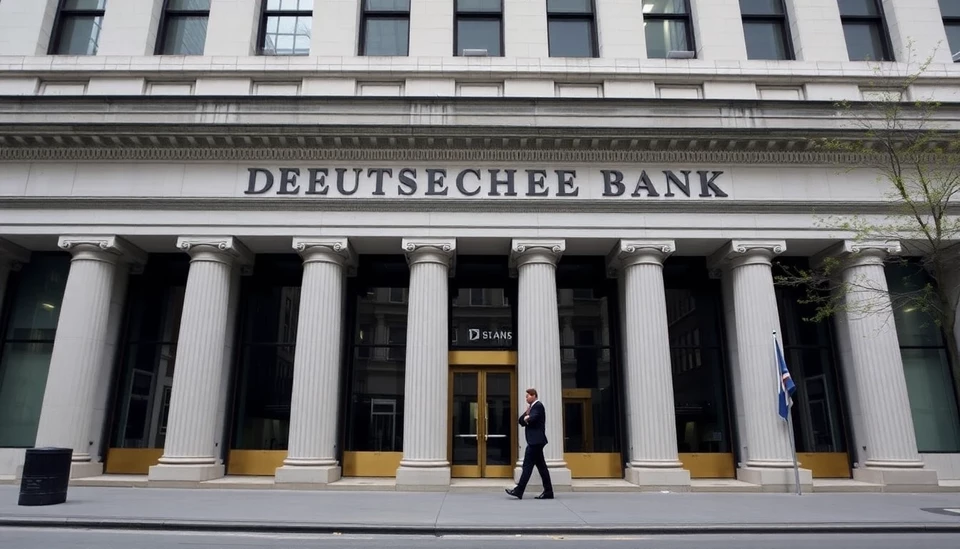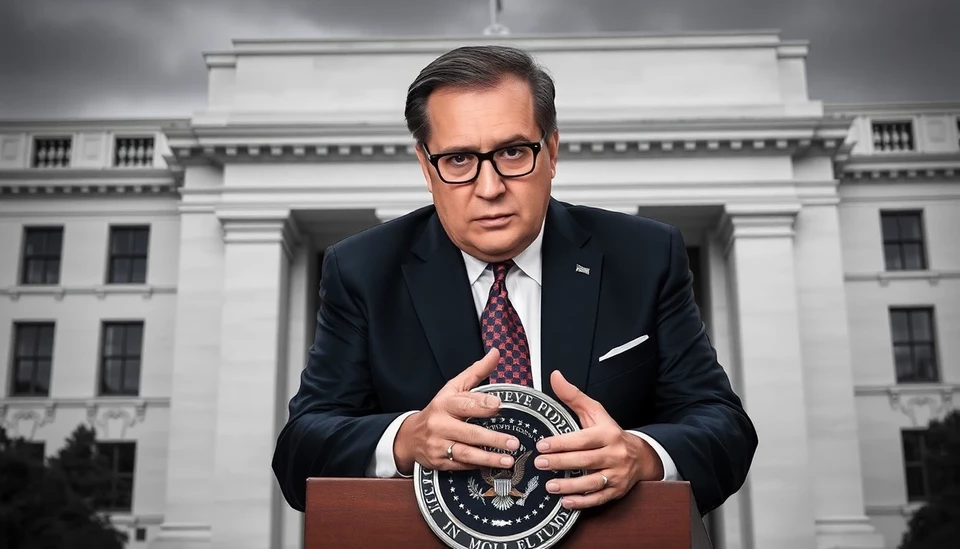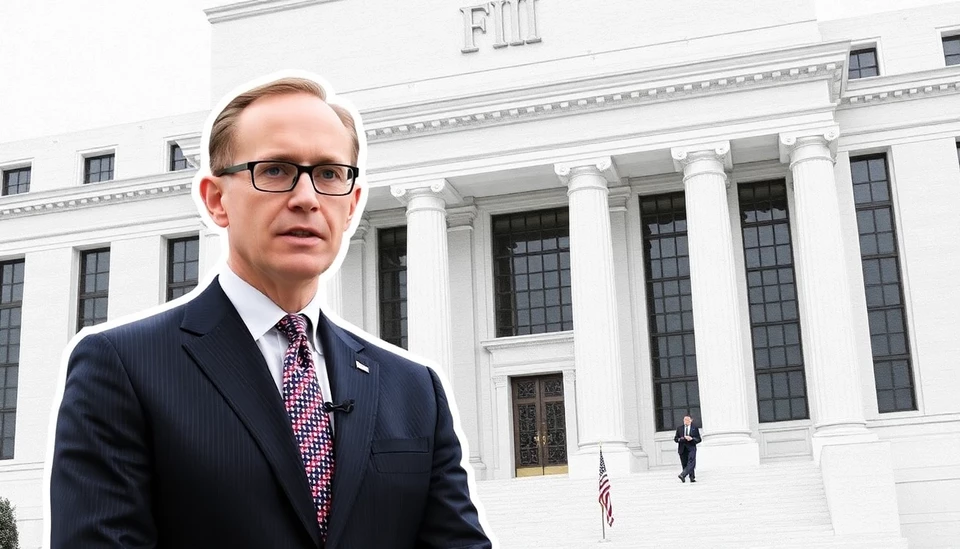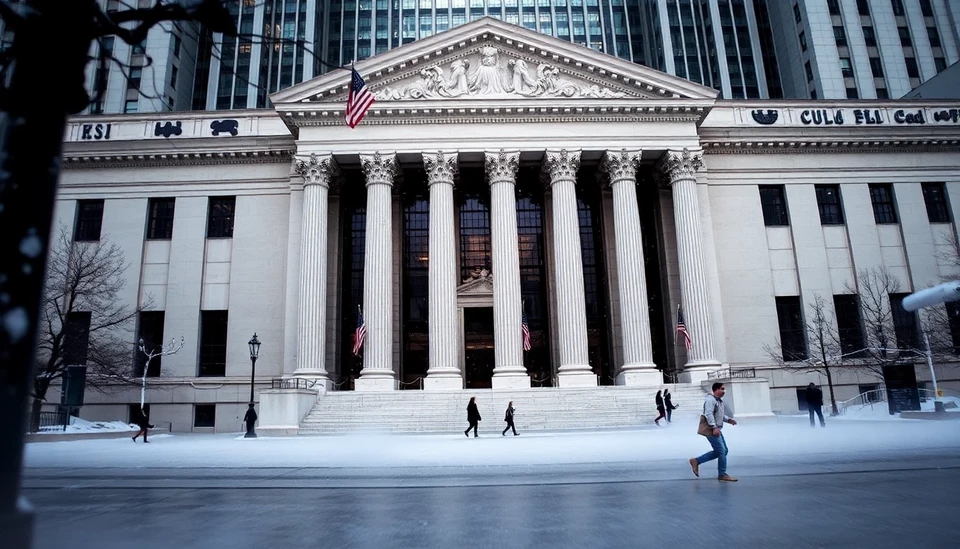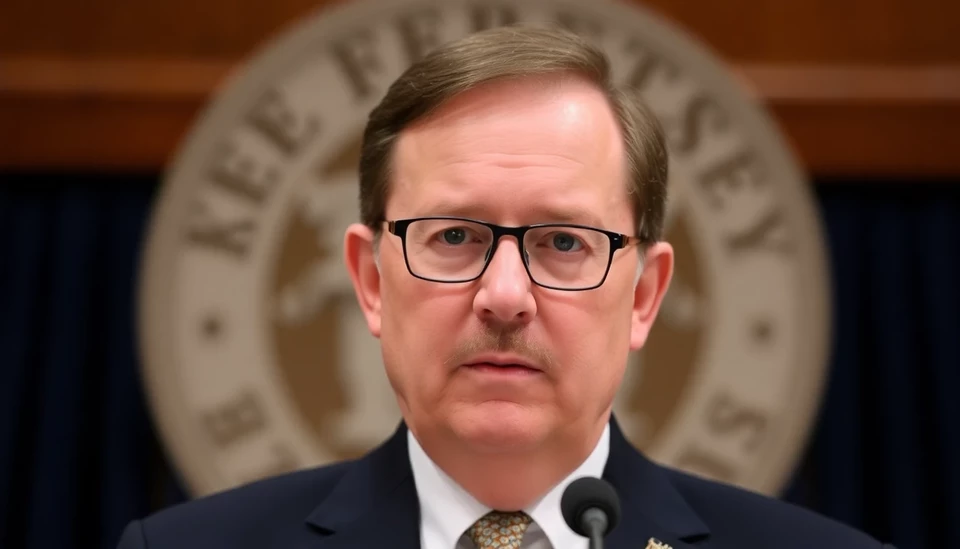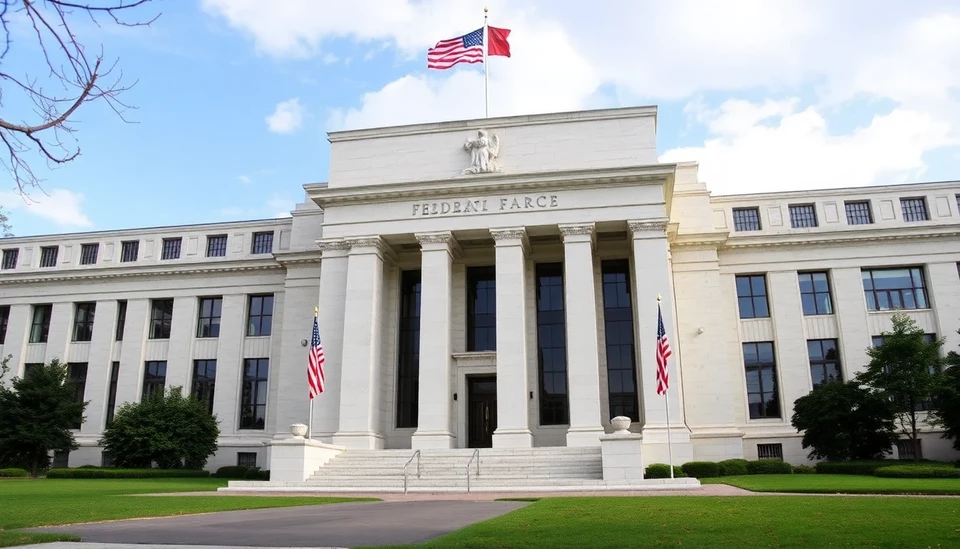
In a recent address, Federal Reserve Governor Lisa Cook highlighted her concerns regarding the state of the U.S. economy, particularly in light of existing tariffs and their implications on growth and inflation. Her remarks, delivered at a financial conference, offered a sobering outlook on the economic landscape as trade tensions continue to play a significant role in shaping fiscal policies.
Cook noted the potential for slower economic expansion, emphasizing that the combination of high tariffs and ongoing global uncertainties could lead to a deceleration in the GDP growth rate. She warned that the robust expansion experienced in previous years might not be sustainable if the current trends persist. The tariffs, particularly those imposed on imports from China, have already begun to exert pressure on various sectors, potentially undermining consumer spending and business investments.
Meanwhile, inflation, which has been a major talking point among economists and policymakers alike, appears to be plateauing. Cook suggested that while inflation rates have risen in the short term, a shift toward stagnation could be imminent. This phenomenon, she argued, could arise as the economic environment changes, limiting the Federal Reserve's capacity to maneuver effectively in its quest to control inflation without derailing economic growth.
Cook's observations reflect concerns echoed by other economists regarding the lasting effects of tariffs. The increased costs associated with imported goods due to these tariffs have a cascading impact on consumer prices and ultimately on consumer behavior, potentially stifling demand in the economy. As a result, businesses may become hesitant to invest in growth, further exacerbating the slowdown.
In light of these challenges, the Federal Reserve is faced with a difficult balancing act as it navigates its monetary policy strategy. Cook emphasized the importance of remaining vigilant and flexible in addressing these ongoing economic issues, suggesting that future policy adjustments may be necessary to adapt to an ever-changing economic climate.
As the situation unfolds, stakeholders across various sectors are advised to keep a close eye on developments in trade policies, inflation trends, and the overall economic outlook. The convergence of these factors will be critical in shaping fiscal strategies moving forward.
With a cautious tone, Cook's remarks serve as a reminder of the complex interplay between international trade dynamics and domestic economic health. As policymakers weigh their options, understanding the implications of tariffs will be crucial for fostering a resilient economy capable of weathering potential storms ahead.
#FederalReserve #Economy #Inflation #Tariffs #Growth #LisaCook #EconomicOutlook #TradeTensions
Author: Rachel Greene
